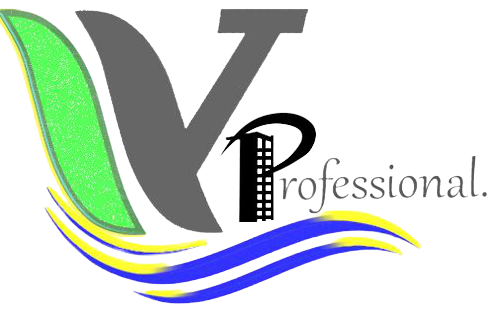Table of Contents
Introduction
Getting a building permit is an essential part of any construction project in Tanzania since it guarantees adherence to rules and upholds safety requirements. Getting a building permit is important whether you’re renovating an existing building, developing a new one, or both. This all-inclusive manual will take you through the necessary paperwork, costs, and important rules to make the process of applying for a permit as simple as possible.
Recognizing the Significance of Building Permits:
Building permits are formal authorization from local government agencies for construction work, guaranteeing that projects follow environmental, safety, and zoning laws. In Tanzania, acquiring a building permit is essential for guaranteeing the safety and structural integrity of the built environment in addition to being required by law.
1. Preliminary Consultation:
It is advisable to speak with the appropriate authorities or local municipal offices before starting the permit application procedure. This initial conversation can give you important information about zoning laws, particular specifications, and any possible difficulties your project may present.
2. Compliance and Inspections
Make sure that the authorized plans and legal requirements are followed consistently during the building process. To ensure compliance with environmental requirements, safety standards, and structural integrity, authorities may carry out routine inspections. To prevent delays or fines, take quick action to resolve any problems or deviations.
Documents Needed to Apply for a Permit:
In order to facilitate the application procedure for a permit, make sure you possess the necessary documentation:
- Title deeds or documentation proving land ownership
- Site plans and architectural drawings
- structural engineering Designs
- Assessment of the environmental impact (if applicable)
- approval from the suppliers of utilities (water, electricity, etc.)
- Evidence of application fee paid
- Fees Associated:
The cost of a building permit in Tanzania varies according to the project’s size and scope as well as local government laws. Usually, fees go toward administrative expenses, plan reviews, inspections, and application processing. It is advisable to budget appropriately by asking the relevant authorities about the required fees at the early round of consultation.
3. Application Submission
After gathering the required data and creating your building designs, apply to the appropriate authority—usually the municipal council or local government. Make sure all the necessary information is included in your application, including site surveys, architectural drawings, structural plans, and any other necessary documents.
4. Analysis and Approval
The authorities will thoroughly analyze your application after receiving it to see whether it complies with safety standards, land use laws, and building codes. Site inspections, technical evaluations, and stakeholder discussions may all be part of this process. The length of the review phase might vary, from a few weeks to many months, depending on how complex the project is.
5. Granting of Permit
You will receive a building permit after your application has been successfully reviewed and approved. This document is the formal go-ahead to start building in accordance with the approved designs and specifications. Throughout the project, the permit must be kept in a conspicuous location at the construction site.
Important Rules and Directives:
Zoning laws:
Make sure that the local zoning codes’ requirements for building height, setbacks, and land use are followed.
Safety Standards:
Comply with building regulations and safety standards to guarantee the built-in facility’s structural integrity and occupant safety.
Environmental Aspects:
Take into account evaluations of the effects on the environment and follow laws designed to reduce ecological footprints and protect natural resources.
Preservation of Cultural Heritage:
Honor cultural heritage locations and follow laws designed to protect historical sites and architectural legacy. It can be easier and more effective to go through Tanzania’s building permit application process if you adhere to these rules and procedures. To guarantee a successful construction project, keep in mind to interact with local authorities, get professional advice when necessary, and give regulatory compliance top priority. Getting a building permit not only proves that you are following the law, but it also helps to make Tanzania’s built environment safer and more sustainable overall.
Conclusion
Navigating the complexities of construction in Tanzania can be daunting, but with the right guidance, it becomes manageable. That’s where WajenziProfessional comes in. Specializing in construction, architectural design, structural design, landscaping, renovation, and interior design, WajenziProfessional is your go-to partner for all your building needs. They also offer expert assistance in obtaining building permits, ensuring that your project complies with all local regulations and standards.
By leveraging their extensive experience and comprehensive service offerings, WajenziProfessional ensures that your construction project is not only cost-effective but also completed to the highest standards of quality and safety. Contact WajenziProfessional today to learn how they can help you achieve your construction goals efficiently and effectively.

